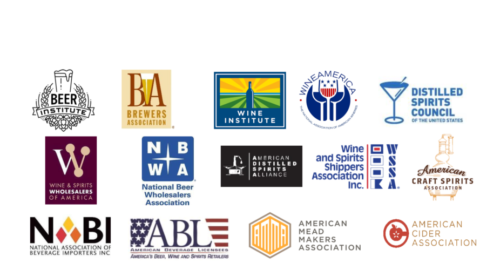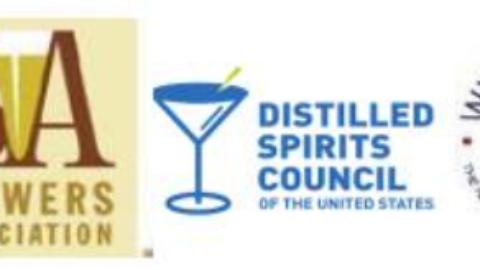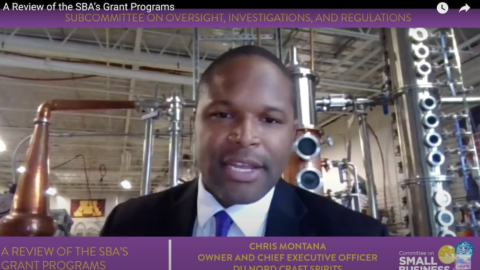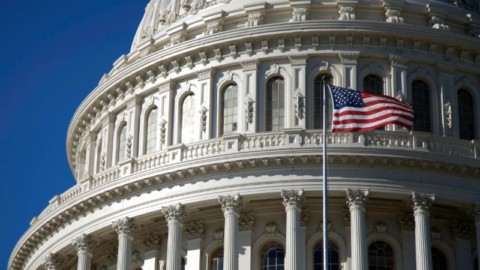Dear Speaker Pelosi and Leader McCarthy:
As leaders of the nation’s distilled spirits producers, we focus on how the spirits industry can best serve our consumers while balancing the role of policymakers to ensure there are appropriate and fair regulations. There is a lot of exciting growth and innovation happening in the distilled spirits industry and we wanted to make sure you have the latest information about the principles that govern our advocacy on important beverage alcohol-related issues.
Responsible Consumption of Beverage Alcohol
Distillers prioritize the practice of responsible consumption of alcohol. This is not just a talking point, it’s in our DNA to encourage consumers who legally choose to consume our products to do so responsibly. We work collaboratively with federal and state regulators and other stakeholders to ensure that consumers have scientifically-accepted facts about alcohol as well as practical tools to help them make their consumption decisions. It’s important to note:
- Since the issuance of the first Dietary Guidelines for Americans (DGA) in 1980, and in every iteration since, the federal government has advised adults who choose to consume alcohol to do so in moderation. The 2020-2025 DGA reaffirmed moderate consumption as two standard alcohol drinks a day for men and one drink a day for women.
- No matter the type of beverage alcohol a consumer chooses, responsible drinking relies on understanding the amount of alcohol being consumed: Whether beer, wine, spirits, or cider; each “standard drink” contains 0.6% of ethanol. This equates to a 12 oz beer at 5% alcohol-by-volume (ABV); a 5 oz glass of wine at 12% ABV; 1.5 oz of distilled spirits at 40% ABV; or a 12 oz ready-to-drink product at 5% ABV. Consumers can visit standarddrinks.org to calculate the amount of “standard drinks” they are consuming.
- No matter the type of beverage alcohol a consumer chooses, there is no one beverage of moderation, there is only the practice of moderation.
Taxation and Economic Impact of Distilled Spirits
As our nation’s policy makers, it’s important that you are educated about beverage alcohol taxation. The distilled spirits industry is heavily taxed and regulated. In addition to other federal business taxes and local taxes, distillers pay excise taxes at the federal level based upon the volume of alcohol in the product. In fiscal year 2021 alone, the U.S. spirits industry paid nearly $6.9 billion in federal excise taxes; significantly more than other beverage alcohol producers.
The distilled spirits industry generates $200 billion in U.S. economic activity annually and supports approximately 1.7 million jobs through the production, distribution, and sale of distilled spirits. The spirits industry is fully committed to a safe, properly regulated, modern marketplace that caters to what consumers want: fairness and choice.
Along with our teams, we welcome the opportunity to answer any questions you may have and stand ready to work with you on these important issues. Please do not hesitate to reach out to us at any time.
Read more here.






